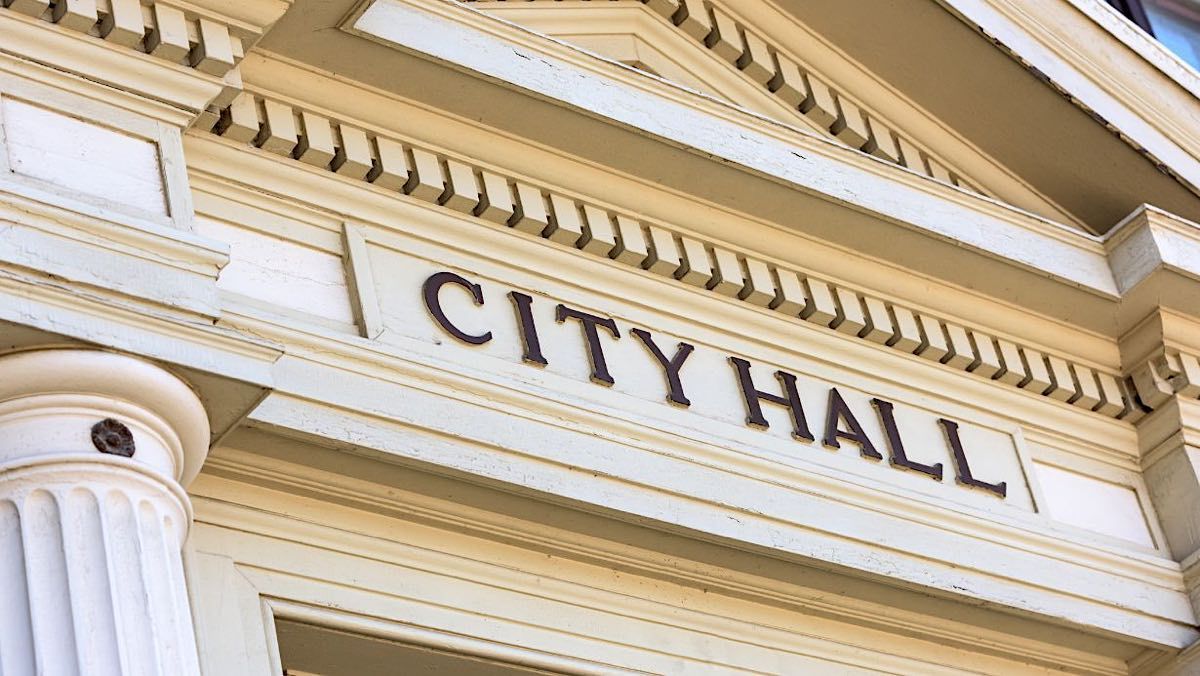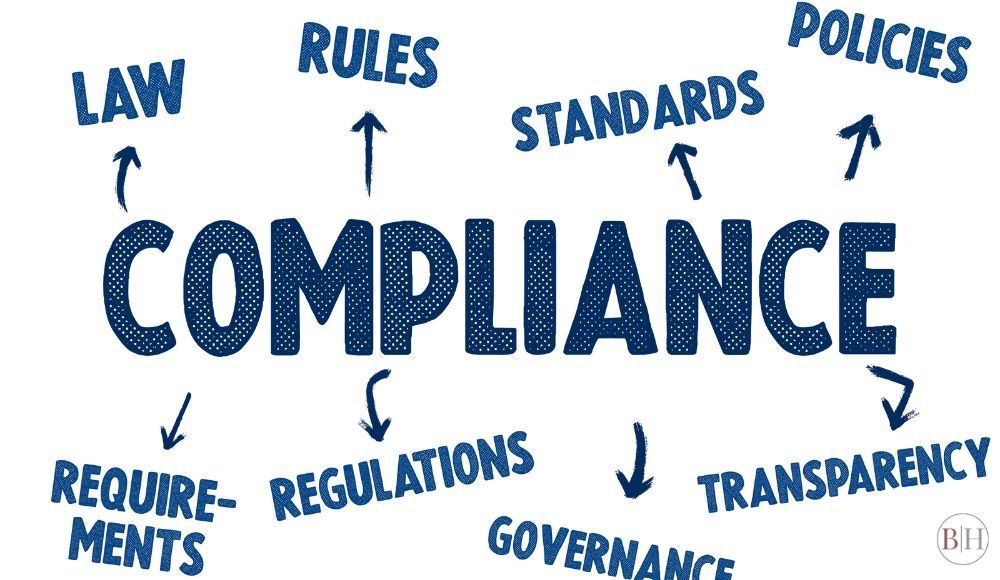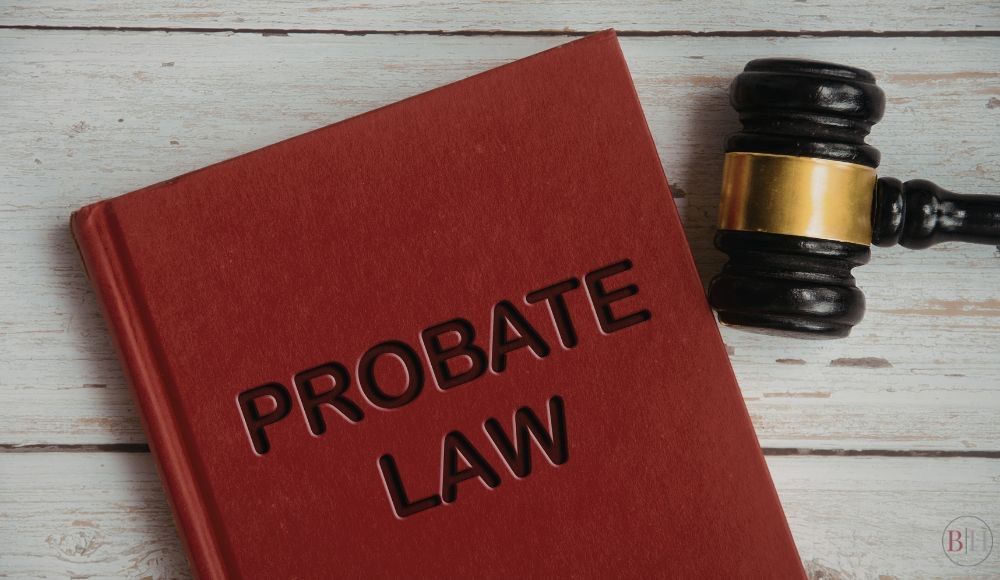What is Municipal Law?

The laws, ordinances, and regulations that cities, townships, towns, and municipalities create fall under Municipal Law. These laws are created and enforced by city or town councils or boards that consist of local residents elected by the municipality's citizens. Municipal laws can significantly between municipalities.
The Pennsylvania Sunshine Act "requires agencies to deliberate and take official action on agency business in an open and public meeting. It requires that meetings have prior notice and that the public can attend, participate, and comment before an agency takes that official action." This means that as a resident, you have the right to attend and comment at municipal meetings.
Common Municipal and Zoning Law Terms
1. Bylaws are a set of rules on activities, such as meetings, record taking, etc., that municipal boards use to conduct business.
2. Ordinance is a law created by a municipality.
3. Zoning Ordinance regulates how properties within the municipality may be used, such as residential or commercial. Those uses may be permitted by right, and others may be allowed by conditional use or special exception.
4. Zoning Hearing Board is a board that deals with zoning matters. Its actions are based on the municipality’s zoning ordinances.
5. Building Permit is an official approval to take certain actions like the construction of a new building or the remodeling of an existing building. The purpose of a building permit is to ensure that all applicable regulations are followed.
6. An Easement "gives a person, company, or government the right to use someone else's real estate for a specific purpose. It doesn't grant them an ownership interest."
7. Setback is the required distance between a building or structure from a property line or right-of-way.
8. Permitted Use states how a property may be used based on the applicable zoning ordinance. It does not require special exception or conditional use approval.
9. Special Exception grants permission to use a property under specified conditions.
10. Conditional Use is similar to a special exception, but instead of being decided by the zoning hearing board, it is decided by the municipality's governing body.
11. Variance allows a property owner to use a property that deviates from a particular regulation set by the applicable zoning ordinance.
- Board Governance
- Policy formulation and review
- Insurance Protection
- Regulatory Affairs
- Legal Investigations
- Legal Defense
- Land Use and Zoning
- Municipal Tort Claims
- Contract and Agreement Drafting and Negotiations
- Bidding Procedures
- Financing
- Budget Approvals
Our experience with municipal authorities also helps our municipal law attorneys represent individuals and businesses more effectively. At Bingaman Hess, we offer a full range of legal services to individuals and businesses, including:
- Condemnation/Eminent Domain
- Right of Way
- Residential and commercial real estate tax assessment appeals
- Real estate development
- Subdivision and land development
- Sunshine and Right-to-Know Laws
- Zoning and code violations and appeals
Call our Municipal Attorneys
Call one of the experienced municipal attorneys at Bingaman Hess today at 610.374.8377 or find us online.









